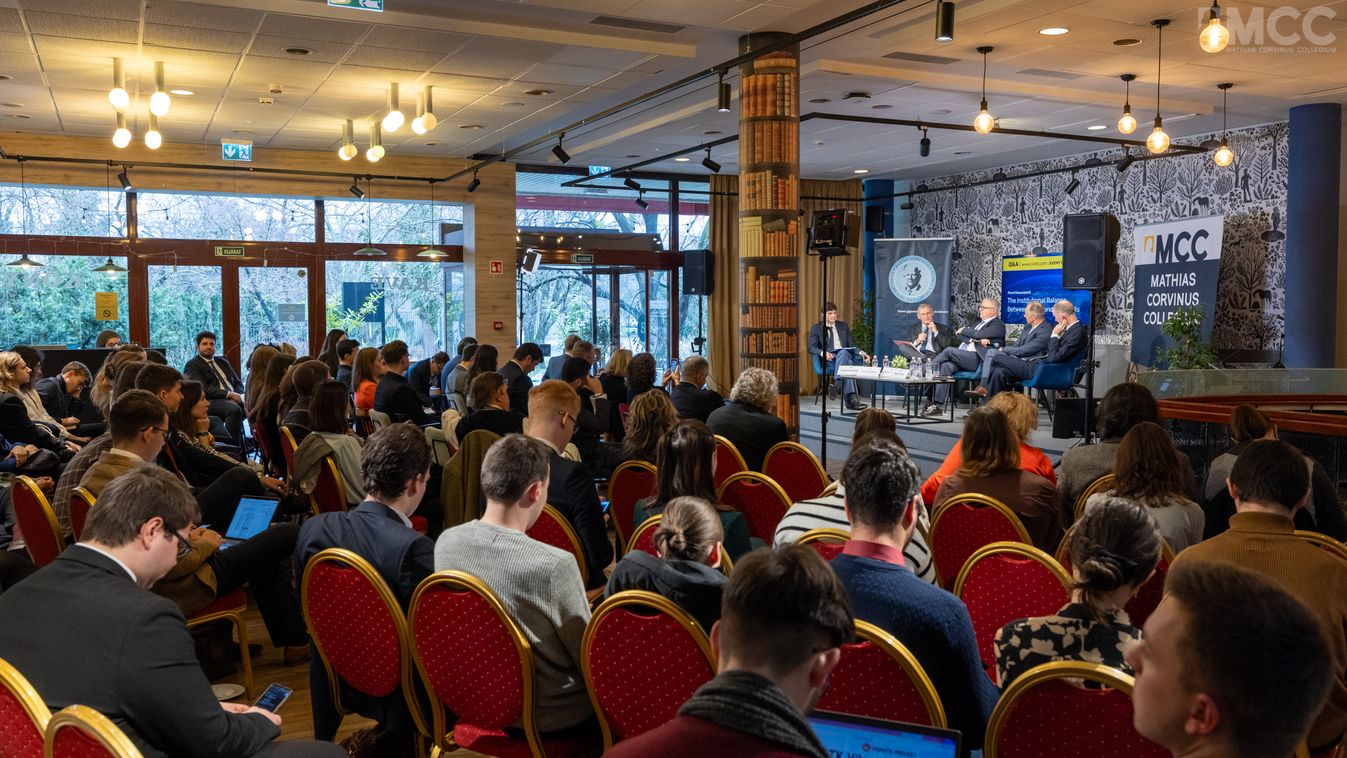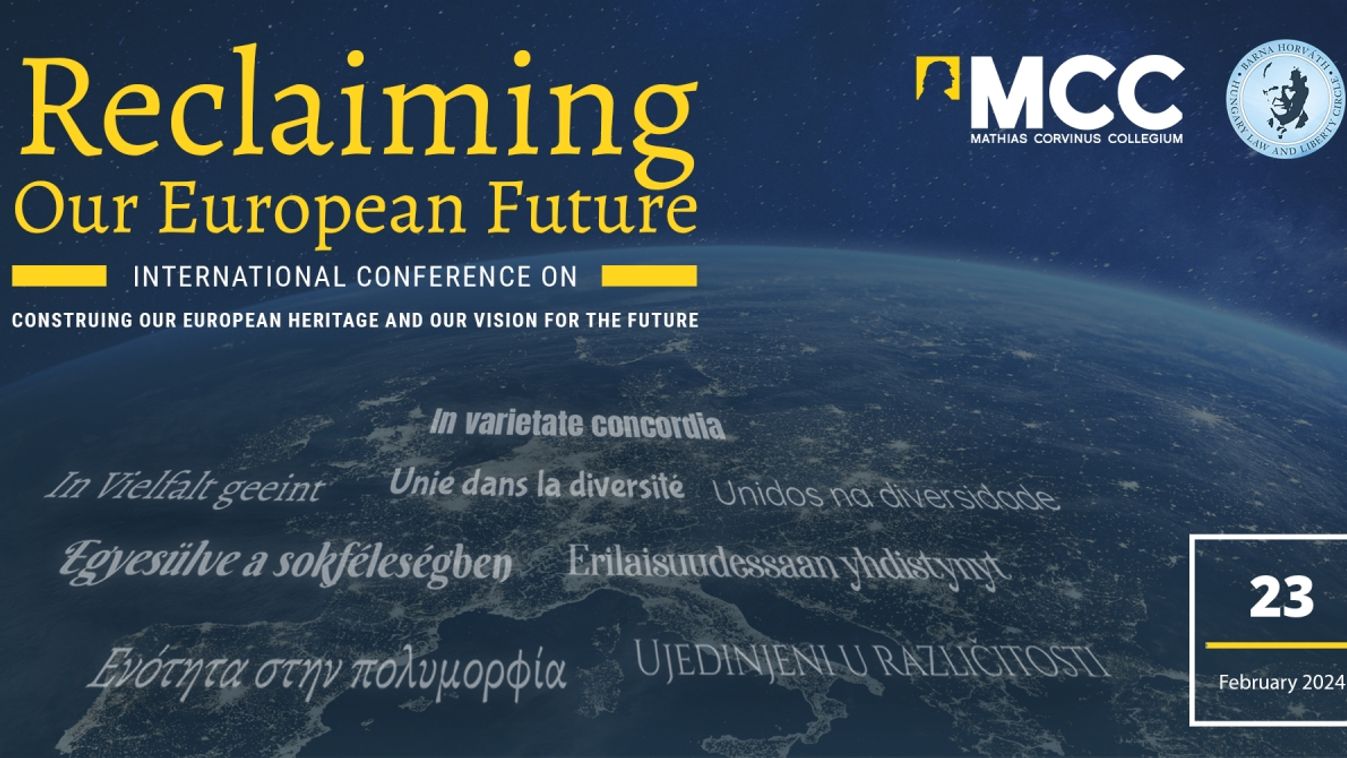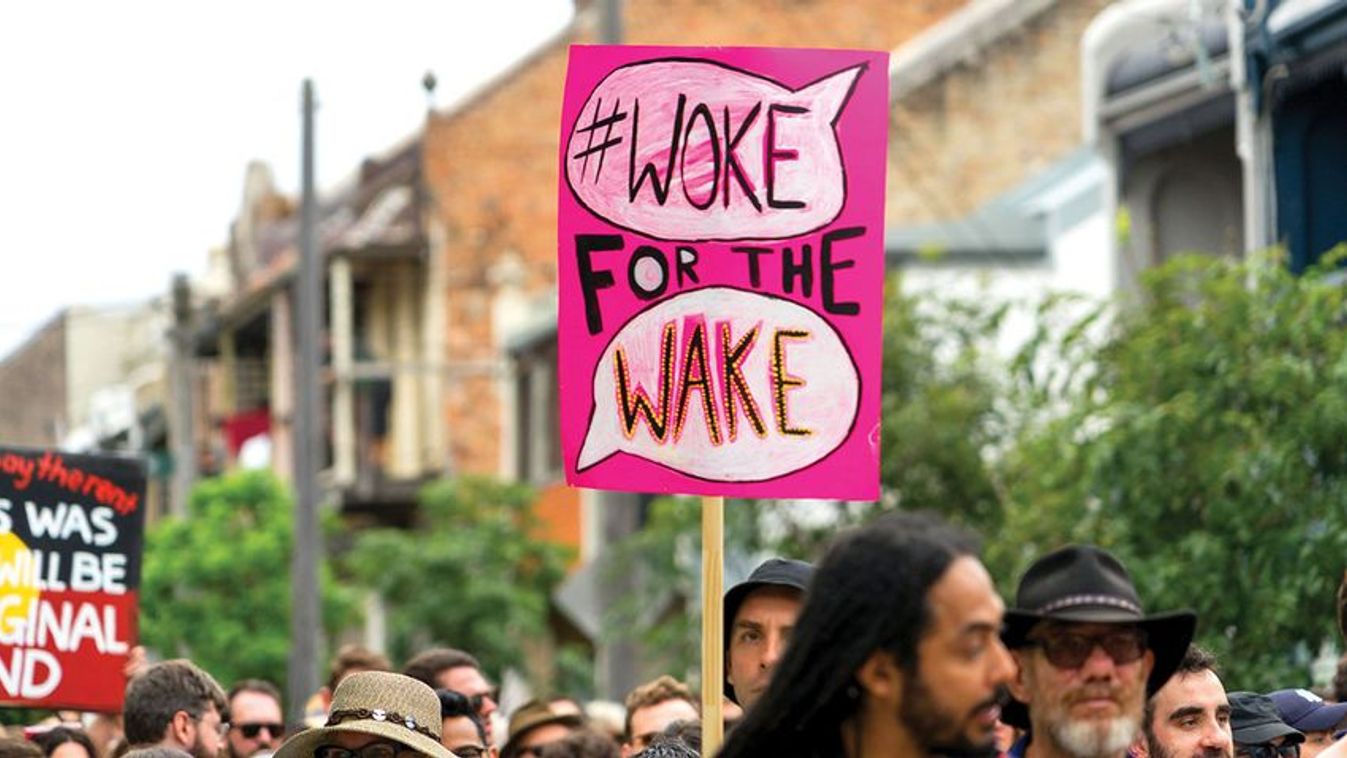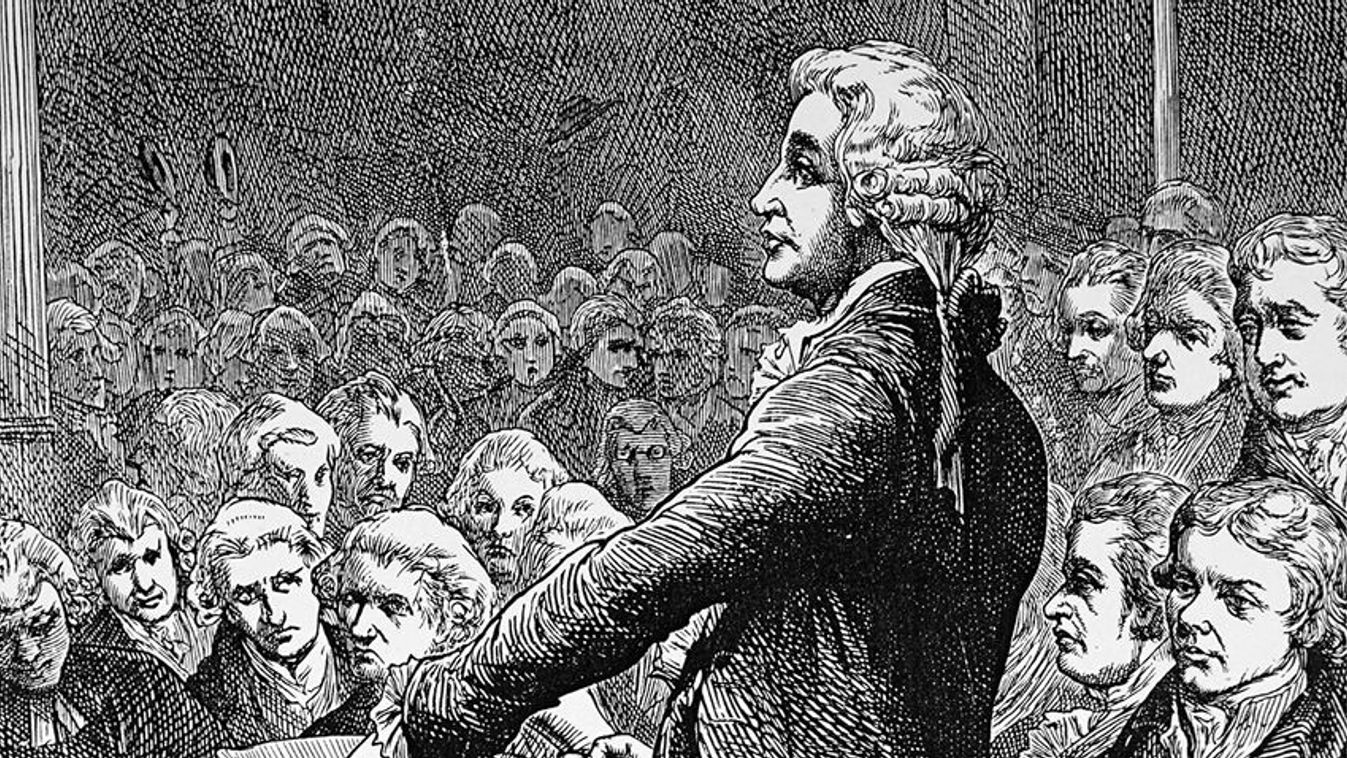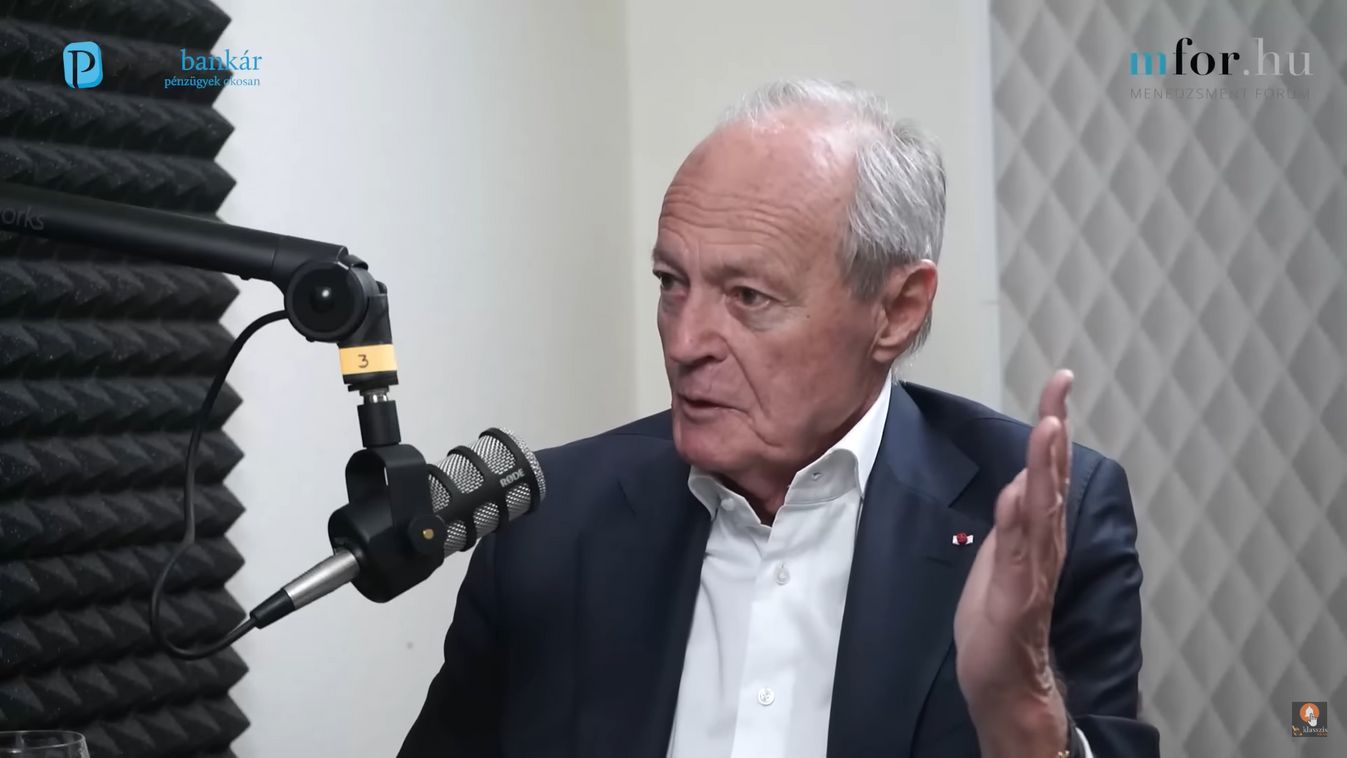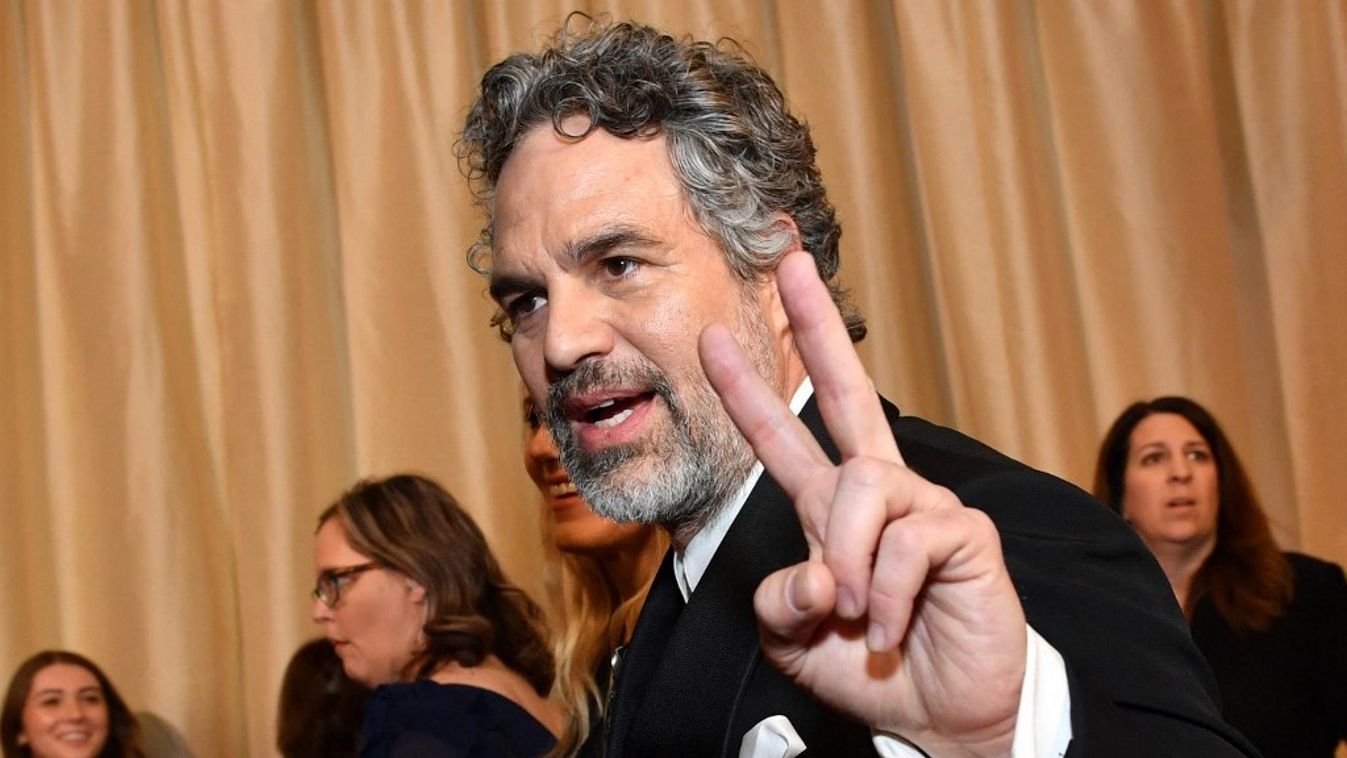Michael KIMMAGE is the ordinary professor and department chair of the Catholic University of America. He specializes in the history of the Cold War, in twentieth-century U.S. diplomatic and intellectual history and in U.S.-Russian relations since 1991. From 2014 to 2016, he served on the Secretary’s Policy Planning Staff at the U.S. Department of State, where he held the Russia/Ukraine portfolio.
Russia has brought a protracted war again to Europe by invading its neighboring Ukraine. Why can this war be considered a major a departure from the previous international conflicts of the postwar era?
This is not the first international conflict after 1945 and certainly not the first conflict after the dissolution of the Soviet Union. There was real tension over Berlin in the early 1960s, there was the invasion of Hungary and Czechoslovakia during the Cold War and so forth. In fact, the 2022 war is really the second chapter of the war that has begun in 2014. So what we are experiencing now is a conflict that has been with us for quite a while in a part of the world that is prone to this kind of geopolitical tension and competition.
The current war is different from the previous conflicts in several aspects.
First, the scale of the Russian invasion is very significant. This is not a skirmish. It is not an effort to break off a piece of the Ukrainian territory, which had happened in 2014. It was an invasion intended to topple a government and capture a capital city. In this sense, this is an existential war that is a radical departure from the order that was imperfectly established in the Helsinki Final Act of 1975. Secondly, the number of actors that are involved are quite significant. Besides Russia and Ukraine, the European Union is a part of the story. The NATO alliance has vested interests in the war; countries of Central and Eastern Europe have their own interests and of course
the United States is involved in a way that has not been involved in Europe for decades.
The intelligence sharing that is taking place between Kyiv and Washington and the scale of the weapon’s provisions have been without precedent in postwar Europe. Finally, the nuclear dimension of the war is omnipresent. The scale of this danger is new to Europe, and it is a new aspect of modern warfare.
Why is the territory of Ukraine strategically so important?
In some respects, the territory of Ukraine is where you might predict this conflict to break out. Even if Ukraine was a country that people did not know much about before the war,
its history is integral to 20th and 21st century European geopolitics.
It is easy to outline the geopolitical and geostrategic influence of Ukraine. The Black Sea is located to the South, there are multiple NATO Member States to the West and long borders with Russia and with Belarus. You also have trade routes that flow from China to Europe through Ukraine and also from Europe into Russia. This is an extremely important territorial area.
Since the famous “Long Telegram” from 1946 and the “X Article”, “The Sources of Soviet Conduct” from 1947 by George Kennan, it is obvious that the behavior of Russia has been rooted in a deep insecurity that leads to the need of a buffer zone around their country. How do you the see the Russian behavior in light of this longstanding observation?
If you go back to the 1990s, you could be critical of the West for not being creative enough. There was time when everything was wide open. The NATO-Russia Founding Act in 1997 could have been broader. The Partnership for Peace that was meant to bring Russia into a European security architecture could have been more ambitious.
I think the West was in too much in a hurry, and it was too optimistic (especially for this part of Europe) that democracy would be the resolution of a problem
or that Russia would be so weak that it could not contest a Western hegemony that was evolving and developing in Europe in the 1990s. There was a failure of vision in the 1990s. This is part of the story that we see unfolding before our eyes.
On the other hand, there are so many ways about which the Kremlin’s argument about neo-expansion is unconvincing. There were many platforms and forums for Russia to connect itself to Western security structures. Either Russia was too proud or too uninterested in engaging these opportunities. The fears Russia historically has of the West grew to a paranoid level: a Western threat was invented where it did not exist. The scale and the ambition of the Russian attack all render Kremlin narratives unpersuasive. By all means, it is important to understand where NATO fits in. Let’s be self-critical, but it would be wrong to put NATO and NATO expansion at the center of story in 2022 or to put them at the center of the war.
But is the intention or the capability of the NATO that counts?
I think the capability counts a lot more than the official intentions, that are not trusted in Moscow. Here you can understand and concede a degree of rationality to the Russian position because
after Sept 11. NATO became more expeditionary.
You have NATO involvement in the war of Afghanistan; you have NATO involvement in the bombing operation of Libya in 2011. NATO defined itself in the 1940s as a defensive military alliance and projected that message into Russia; but at times Russia looked at the world and saw NATO with an offensive capacity, which of course raise fears about NATO’s future direction.
The United States has made itself a central player in the conflict. Another difference between this war and previous international conflicts is that the appeal of the United States to rally to forge a “world community” in defense of the American-built world system and against Russia is weakening. How do you see this phenomenon and what are their potential consequences? Is it the appeal of the narrative or the material resources behind it that has weakened?
It depends very much on the standard of comparison. If you think of the First Gulf War of 1991, the United States did create a wide international coalition and what you have now is smaller. But if the standard of comparison is the Iraq war of 2003, it is clear that the U.S. has a much stronger coalition now. But you are right that
the language and rhetoric of the Biden administration is not in accord with the global reality: the United States has framed this as a war of Russia against the international community, even though it is clearly not the case.
If the war lasts for a long time, this will be a significant factor. Even though very few countries support Russia, there are countries who are willing to trade with Russia and there are countries who are not eager to introduce sanctions. The avenues that Russia has out of the isolation the West is trying to impose upon it are many, and they are certainly meaningful in the current conflict. On the other hand, in Ukraine Russia faces many countries that are supporting Ukraine, many of the world’s most technologically sophisticated countries, including the United States. So it is in the eye of the beholder. It is a formidable coalition, and it may be decisive on the battlefield. But in a long conflict, Russia could outmaneuver itself into a stalemate because of the various countries that are half endorsing the Russian point of view.
The European Union apparently wants to do everything including the sanctions in the energy sector in order that Russia pays a very high price for its aggression against Ukraine. But what is the price that the West will have to pay if it definitively alienates Russia?
This
price is quite high, and you can break it down into three different areas.
The first is military. This is a reality Europe will face instability for a long time to come. Even if a stalemate is achieved, the European project as it was articulated in 1945 for Western Europe and in 1991 for all of Europe has become very different project. It is not only peaceful cooperation. Europe is dealing with one of the world's major military powers, a nuclear power, that considers itself to be at war with Europe and with the West. This is terrifying, and this is not a hypothetical; it is reality. Second is the economic price. This might be short term as Europe reconfigures its supply of gas and energy. Nevertheless, this transition is going be painful. The knock-on effects are of course inflation, unemployment, political unrest, and Germany in particular has to come up with a new economic model, which was built on cheap Russian energy and easy export to China. Third there is Ukraine itself. Russia is raising the price of reconstruction by destroying Ukraine’s critical infrastructure, electricity supply, even its water supply, and by eviscerating its cities. Each month, the price tag for the eventual reconstruction is bigger and bigger. If you put these three points together, it is an ominous picture.
How do you see the approach the Hungarian Prime Minister represents during the European political debates urging ceasefire and peace negotiations?
Though Hungary has chosen not to supply Ukraine with weapons and materiel, as have many EU and NATO member states, Prime Minister Orban has operated within the general parameters of European consensus on the war. Since the summer of 2014, Hungary, even though it has repeatedly raised concerns about ends games and about overall European policy toward Russia, has not blocked the many EU efforts to sanction Russia. Whatever differences PM Orban may have with other European countries on policy toward Ukraine and Russia,
he has not broken ranks,
and that has been significant.
How do you evaluate this approach in the geopolitical context?
The problem, however, is that I do not think that Russia sees much reason to stop in light of the justification it has given for the war. A ceasefire for Russia now would mean conceding much of the territory it had taken after the 24th of February. Also, it would be hard for Putin to accept the degree of military relationship that there is between Kyiv and Washington and other Western capitals. That was exactly what Russia was trying to prevent. From this perspective,
the situation for Putin is a lot worse now than before the war.
He trapped himself from this respect. Also, on the Ukrainian side a ceasefire or a negotiated settlement is not on the agenda.
The strategic and economic interests of every major power – including of course Russia, the United States and China -- around the World can recognized in regard to this war. They are writing their own stories. The European countries, however, are exceptions. They seem to be unable to write their own stories and negotiate a ceasefire in their own continent. What are the lessons learned from this perspective of the strategic autonomy of the European continent?
I think you are right. On the U.S. side, this conflict is much further away. There are few Ukrainian refugees in the United States, and the fear of the war among average U.S. citizens is pretty small. The fight of a democracy against an autocratic Russia is a natural fit for U.S. foreign policy. So there is an American narrative of the war, and it works. Whether this narrative is true or not is another question, but the Biden administration does not have difficulty telling the story of the war to American citizens or to the world. Europe by contrast has two fundamental challenges. The first stems from the differences within Europe East-West and North-South. Sweden, Finland, the Baltic Republics and Poland have the highest level of concern: they want to see a Russia unable to make such a war in the future. This amounts to eliminating Russia from Europe as a military force. You also see Southern Europe and Western Europe where outright defeating Russia is understood to be impossible. There is a search for how some modus vivendi can be achieved, how the worst aspects of the war can be mitigated and how an endgame or ceasefire can be reached. Europe has to figure out which approach it really wants to take. The second challenge I think is greater. It is an old challenge, but it is highlighted by this war. This is the challenge of figuring out what Europe is, one of the most exciting and most agonizing questions of European history. Europe is a culture, an idea, an abstraction and that of course is the beauty of Europe. The problem is at the present moment is that Europe cannot be defined. Is Crimea Europe? Is Belarus or Russia Europe? Is Georgia or Armenia Europe? I do not think you can defend what you cannot define. For Europe to defend itself first, it first has to define itself. It will be difficult and painful, but Europe will have to figure itself out quickly because there is not ten years to figure out this question. European leadership will depend on a good answer to this question. When the question is answered, the Europe’s strategic autonomy will fall into focus. The task of definition is the challenge that will confront European politicians and intellectuals in the coming months.
